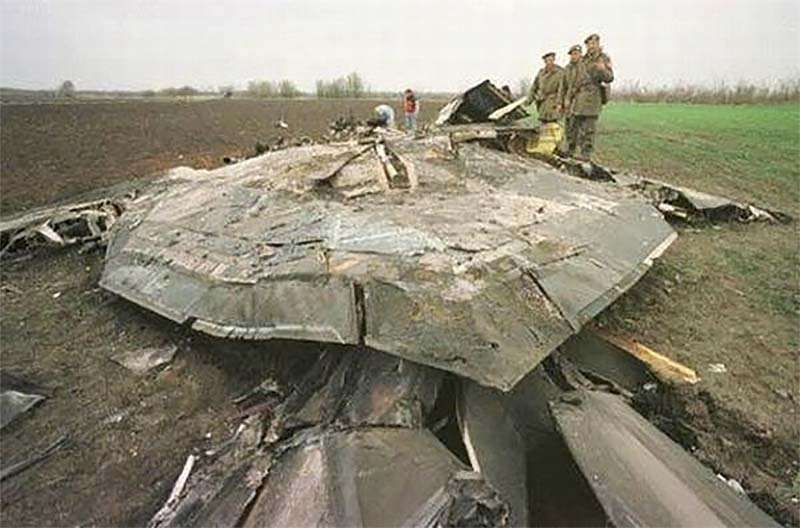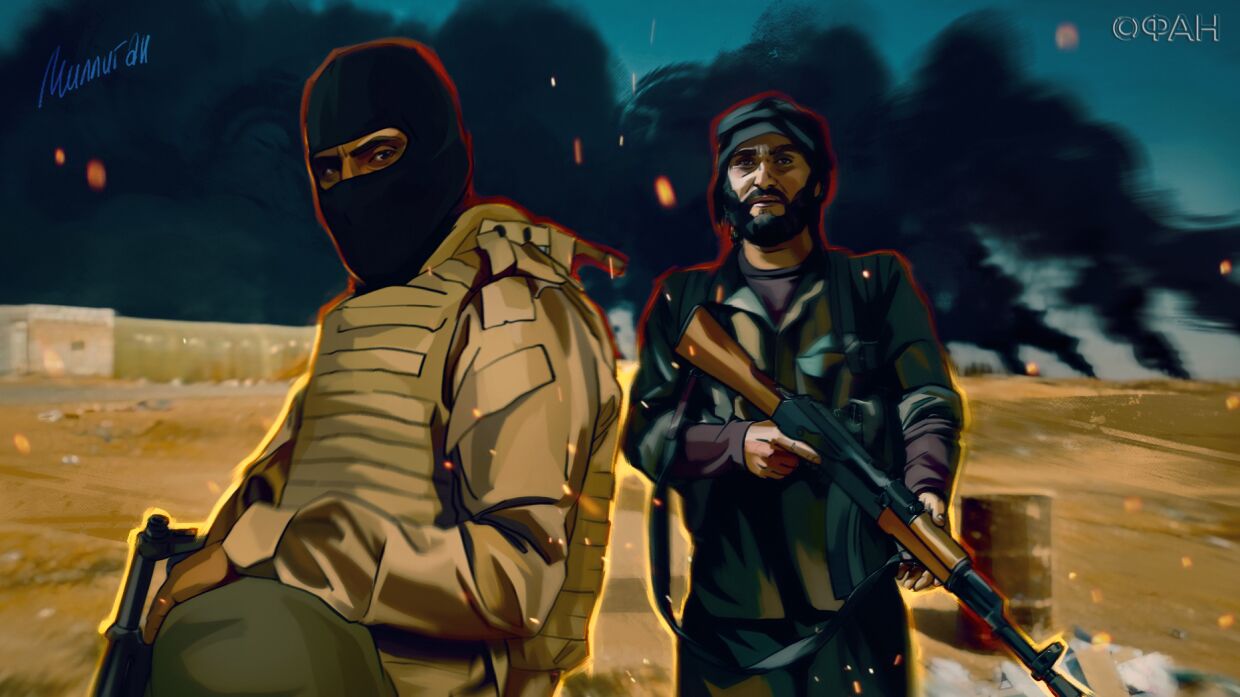On the news portal MK.RU article published by the Deputy Head of the Center for Analysis of Strategies and Technologies (CAST) Konstantin Makienko, dedicated to the 20th anniversary of the NATO military operation against Yugoslavia in 1999 year.

The wreckage of the stealthy strike aircraft Lockheed F-117A Nighthawk (US Air Force number 82-0806) BBC (United States), shot down by the 3rd missile division of the 250th anti-aircraft missile brigade of the Air Force and Air Defense of the Federal Republic of Yugoslavia 27.03.1999 (from) Ministry of Defense of the FRY
24 March turns 20 years since the start of NATO's aggressive military campaign against the Federal Republic of Yugoslavia. The war was unleashed by Western countries under the pretext of "forcing" the Serbian leadership in Belgrade "to make peace" with armed Albanian separatists, who raised an uprising in the autonomous province of Kosovo, which was part of Serbia. The Deputy Head of the Center for Analysis of Strategies and Technologies discusses the political and military results of the “last European war” (CAST), military expert Konstantin MAKIENKO.
NATO action against Yugoslavia in 1999 year was the first case of a direct large-scale military operation under the direct auspices of the North Atlantic Alliance, as well as the first essentially interstate armed conflict in Europe after the Second World War.
Yugoslav campaign 1999 year became an important stage in the development of modern means of armed struggle, demonstrating the capabilities of a large-scale air offensive operation, carried out without direct action by a grouping of ground forces. At the same time, the NATO air operation was carried out mainly with the use of high-precision guided weapons., marking the final transition to the dominance of high-precision weapons in the arsenal of modern military aviation.
In total, the West applied in Yugoslavia up to 10 thousands of guided weapons. Since the war 1999 of the year, all subsequent air operations of the leading Western states were carried out almost exclusively with the use of high-precision weapons.
During a long 78 air operation days, dubbed "Allied Force" ("United Force") The West won a complete victory and, as a result, fully achieved its goals, which he set before himself – albeit not as fast as expected.. These goals – withdrawal of Yugoslav forces from Kosovo and further weakening of the Serbian "remnants" of the former Yugoslavia. The regime of Serbian President Slobodan Milosevic did not survive the loss of Kosovo and already in 2000 fell. The new leadership of Serbia and Montenegro has set a course for rapprochement with the West. Only Kosovo in 2008 declared full independence, quickly recognized by leading Western countries.
All this was achieved by NATO countries at the cost of minimal losses and costs. – including only two US military aircraft shot down by Serbian air defense (F-16CJ and F-117A stealth fighter). The United States and NATO have once again demonstrated their political will and desire for complete military dominance, combined with the ability to quickly and effectively deploy and use their military potential..
The relatively quick retreat of the enemy was also facilitated by the Alliance's setting moderate and limited political goals for the campaign. – NATO did not set the goal of invading and occupying Yugoslav territory, or even regime change – it was enough to impose on Belgrade a course of action under the complete dictation of the West.
In this way, The main lesson of the events of 20 years ago in Yugoslavia is that, that modern air power has shown the ability to completely determine the outcome of modern limited warfare.
Campaign experience 1999 years clearly showed, that such modern air power can only be countered by our own significant and technologically advanced military aviation and air defense potential.
Weak and technically backward Yugoslav air defense, frozen in development at the technical level of the mid-70s, with outdated S-125M and Kub-M anti-aircraft missile systems, old radars and only one squadron of MiG-29 fighters (besides, in a simplified export configuration) could not seriously resist the modern massive air strike of Western countries. She suffered serious losses with minimal results.. Yugoslav air defense forces were forced to switch to ambush partisan "nomadic" actions, focused more on saving their money and people, than inflicting damage on the enemy, and as a result were able to achieve, in fact, only semi-random successes in the fight against NATO aircraft.
The use of ground-based air defense systems in any case deliberately gives the initiative into the hands of enemy aircraft. An important conclusion 1999 years was another proof of that, that it is military aviation that should become the main means of disrupting an enemy air offensive. Only an active struggle for air supremacy by the forces of our own fighter aircraft can radically complicate the situation in the sky for the enemy..
It means, that our combat aviation should be quantitatively and qualitatively at the level of aviation of the advanced NATO countries. This requires the Russian military aviation to be adequate to the highest modern requirements of the technical level of the aircraft themselves., their engines, radar, weapons, communication and control systems.
The large-scale process of rearmament of Russian military aviation in the last decade has significantly increased its technical and operational level., which clearly showed the successful use of our Aerospace Forces in Syria. However, this cannot be stopped., since the main potential adversary of Russian aviation is the most advanced powers led by the United States, 20 years ago demonstrated their air power in Yugoslavia. The Yugoslav lesson shows the full cost of a possible military-technical lag behind these powers. Russia has no right to such a lag.











